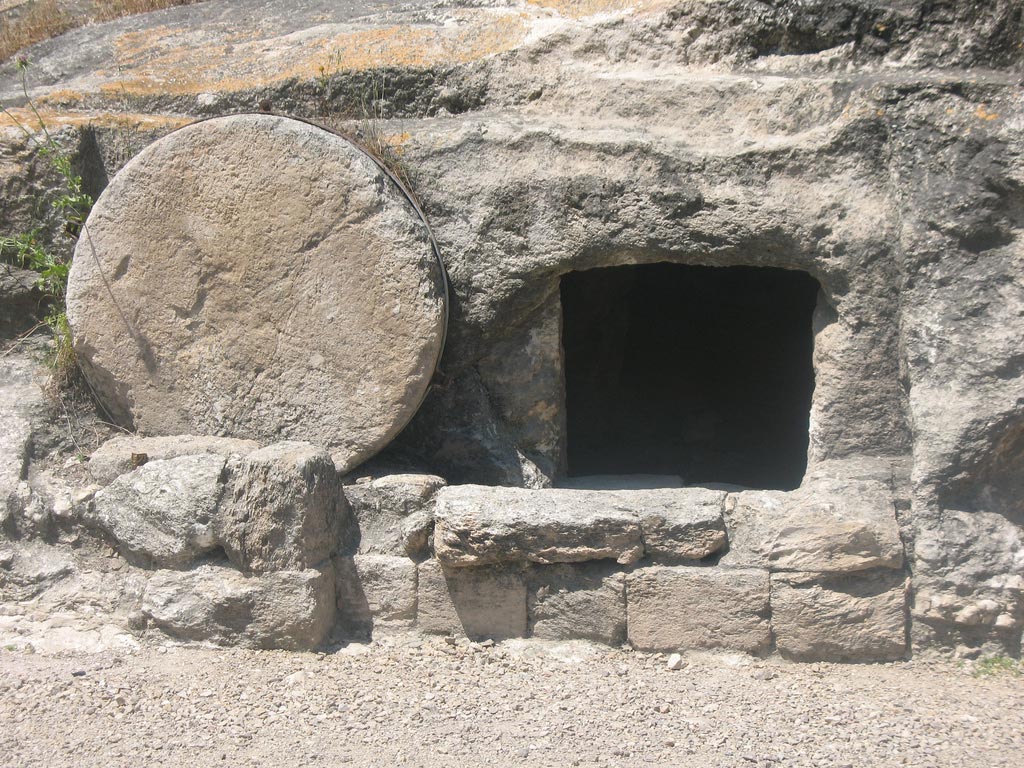Menu


This Easter, it struck me that if Jesus had died on a cross and not risen from the dead, there would be no way for his life to have had any enduring value. He would have faded into history as a good teacher who was executed as a heretic. But look at the dramatic impact he has had on our world!
A famous author, the historian and novelist, H.G. Wells, who wrote the prominent book, The Outline of History, as well as many others, says, “The historian’s test of an individual’s greatness is ‘What did he leave to grow? Did he help men think about new ideas with a vigor that persisted after he was gone?'”
What Wells is saying, in one sense, is that one can gauge the size of a ship by the size of its wake. Though Wells did not consider himself a Christian, he applied the same test to the life of Jesus by saying, “By this test, Jesus stands first.”
W.E.H. Lecky, a great nineteenth-century historian who put no stock in any kind of revealed truth or religion, wrote,
The character of Jesus not only has the highest pattern of virtue, but the strongest incentive to its practice, and has exerted so deep an influence, that it may be truly said, that the simple record of three short years of active life has done more to regenerate and to soften mankind, than all the disquisitions of philosophers and more than all the exhortations of moralists.
Author Henry G. Bosch has made this observation:
Socrates taught for forty years, Plato for fifty, Aristotle for forty, and Jesus for only three. Yet the influence of Christ’s three-year ministry infinitely transcends the impact left by the combined 130 years of teaching from these men who are among the greatest philosophers of all antiquity. Jesus painted no pictures, yet some of the finest paintings of Raphael, Michelangelo, and Leonardo da Vinci received their inspiration from him. Jesus wrote no poetry, but Dante, Milton, and scores of the world’s greatest poets were inspired by him. Jesus composed no music, still Haydn, Handel, Beethoven, Bach, and Mendelssohn reached their highest perfection of melody in their hymns, symphonies, and oratories they composed in his praise. Every sphere of human greatness has been enriched by this humble carpenter of Nazareth.
World renowned historian and philosopher, Will Durant, wrote a classic book, The Story of Philosophy, that is still used in many a class as an introduction to philosophy. He won the Pulitzer Prize, but he is known best for an eleven-volume series that he and his wife, Ariel, wrote. They spent over thirty-five years on this massive work entitled The Story of Civilization, and the Durant’s were not friends of the Christian faith. In this series, one of the volumes covers the history of the Roman Empire. We learn that after Jesus’ death, the Christian religion was considered an enemy of Rome, and this hostility lasted for more than 280 years.
In 312 A.D., the edict of Milan went into law, legalizing Christianity, specifically Christian worship. In 381 A.D., under Constantine, Christianity became the official religion of the Roman Empire. Durant’s observation of what happened in Rome during this period of time is quite astonishing,
There is no greater drama in human record than the sight of a few Christians, scorned and oppressed by a succession of emperors, bearing all trials with a fierce tenacity, multiplying quietly, building order while their enemies generated chaos, fighting the sword with the word, brutality with hope, and at last defeating the strongest state that history has known. Caesar and Christ met in the arena, and Christ won.
Durant goes on to say: “That a few simple men should appear in one generation and have invented so powerful and appealing a personality, so lofty an ethic, and so inspiring a vision of human brotherhood, would be a miracle far more incredible than any recorded in the Gospels. After two centuries of Higher Criticism the outlines of the life, character, and teaching of Christ, remain reasonably clear and constitute the most fascinating feature in the history of Western man.”
I am convinced that any honest person who will take the time to examine the historical record can only conclude that “He is risen.” There is no other way to explain away His extraordinary impact on civilization.
Add grace and understanding to your day with words from Richard E. Simmons III in your inbox. Sign-up for weekly email with the latest blog post, podcast, and quote.

For local orders in the Birmingham, AL area, enter Promo Code LOCAL at checkout to save shipping. We will email you when your order is ready for pickup.
Bulk discounts for 25 or more books! Call 205-789-3471 for prices.